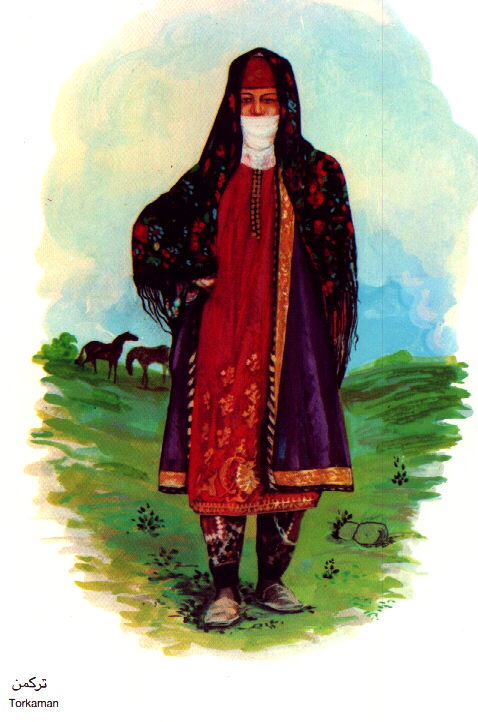In Iran's rural society every family can be counted as a production unit. These production units, are
small units which prior to the present time, the kind of products that they used to produce and the
amount of those products were most of the time functions of each family's consumption and
demand. These products used to meet the needs of these families but nowadays these products
have found their way to the larger markets in the national and international levels in addition to
meeting the domestic needs of the family.
Rural women have always been an important foundation of these production units. Without the
presence of rural women, the economic structure of family could not and cannot be sustainable.
The participation of rural women in economic activities is undeniable reality.
The fact that economic transformations have received a secondary role compared to cultural and
social developments has led to the reality in which the important role of rural development is not
underscored that much.
Iranian rural women are active in economic activities such as agriculture and handicrafts. These
activities let them play an effective role in reducing production costs and increasing family revenues,
in addition to attending to their children and household. The nature of rural women's activities differs
with that of women in other economic sectors and there is a fundamental difference here.
Rural women's labour has certain characteristics with respect to the nature of the work: the hours of
their work-the quality and difficulties of the works which are incomparable with activities in the
service and/or industrial sectors. The speedy developments of the
previous decades in Iran have led to some progress for Iranian women
although this progress had been unbalanced in certain aspects.
Rural women have realized that they must have greater access to education in order to elevate
themselves and their own status in the society and their family.
The nature of values and the level of expectations of rural women have transformed deeply for
themselves and their daughters.
The tendency of rural women to have greater education and participation in decision making
necessitates a transformation in social visions and providing new opportunities for participation in
the development process much greater than providing labour forces for economic activities.
Certainly the change in culture and the special cultural roots which exist about the role of women
and value of rural women in family and society are along the movement which needs a greater
amount of time to reach its objectives. |

